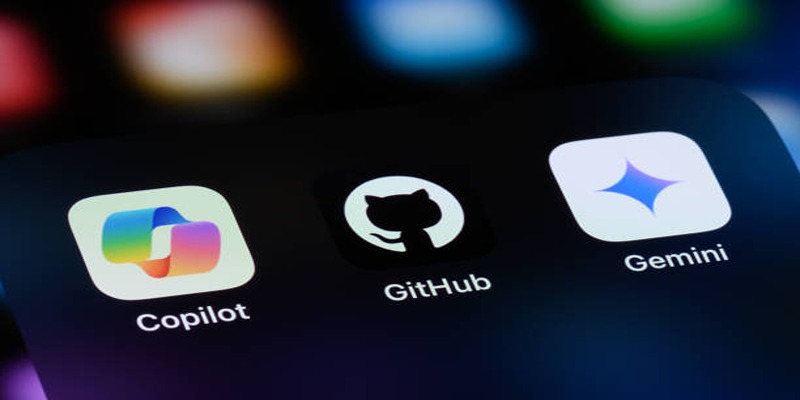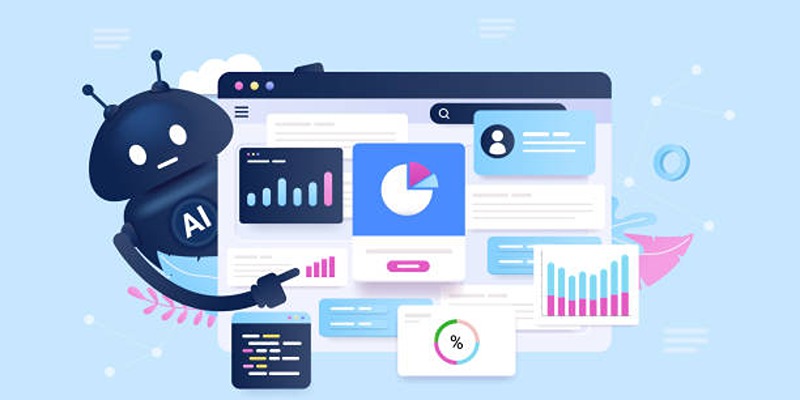OpenAI’s Operator is one of the most ambitious and promising advancements in AI automation to date. Designed to perform real-world tasks by navigating websites and completing digital errands on a user’s behalf, it presents a glimpse into a future where AI doesn’t just suggest solutions—it executes them.
From browsing online stores and managing reservations to filling out forms and guiding workflows, Operator is built for convenience. Its strength lies in automating routine digital actions that humans might find repetitive or time-consuming.
But while it’s capable, it’s far from perfect. The reality is that the Operator still struggles with nuance, judgment, and unpredictability—factors that are essential for handling sensitive or time-critical responsibilities. Here are 4 specific tasks that, despite the Operator’s capabilities, you should never fully trust AI—at least not yet.
1. Medical Appointments and Health-Related Bookings
Healthcare is one area where accuracy and context are non-negotiable. Booking a doctor’s appointment may seem simple on the surface, but it often requires a deep understanding of individual needs, insurance requirements, medical history, and urgency. These are things an AI assistant, like an Operator, can’t process effectively or safely.
Let’s say you need to book an appointment with a specialist. You might need a cardiologist within your insurance network, preferably in the afternoon and only on days you’re not taking medication that impacts driving. An AI might be able to fill out a form and click through a scheduling interface, but it won’t know your medical history, preferences, or the stakes involved if it chooses incorrectly.
Even more problematic is the handling of sensitive data. Medical bookings often involve information protected under privacy laws like HIPAA in the U.S. While OpenAI has built-in privacy safeguards and returns control to the user for sensitive steps like logging in, many users understandably feel uneasy about allowing an AI to manage any health-related tasks.
Errors in this space can have real consequences—missed treatments, incorrect referrals, or even booking the wrong type of care. Until AI can process medical context with human-level accuracy, it's best to keep these tasks manual.
2. Financial Transfers and Online Banking

Money management is another task that feels ripe for automation—but not at the cost of accuracy or security. Financial transfers, bill payments, and bank-related activities require unwavering precision and a full grasp of contextual details, neither of which the Operator is currently equipped to handle perfectly.
Imagine asking the Operator to pay your credit card bill or transfer money between accounts. It can certainly mimic the steps—log in, navigate menus, input data—but it doesn’t truly understand the ramifications of a misplaced decimal point or selecting the wrong account from a dropdown list.
Financial systems are constantly changing. Banks update their user interfaces regularly, implement dynamic forms, and enforce strict two-factor authentication (2FA). These elements are designed to prevent unauthorized access but also introduce complexity that even advanced AI agents can struggle with.
The operator, in most cases, hands control back to users for authentication, but this back-and-forth flow introduces opportunities for errors, miscommunication, or missed prompts. In a high-stakes environment where a single misstep could lead to overdrafts or missed payments, relying on AI is risky.
Furthermore, financial tasks often come with legal and ethical implications. If something goes wrong, you’re responsible—not the AI. It is wise to keep these tasks under personal supervision.
3. Time-Sensitive Reservations
From booking flights to scoring last-minute dinner reservations, time-critical tasks require not just accuracy but speed and adaptability. Unfortunately, Operator, while deliberate and cautious, is not built for real-time competition—especially in fast-moving environments where seconds can make the difference between securing a spot or missing out entirely.
Let’s say you’re trying to book a flight during a holiday sale or reserve seats for a sold-out concert. The human brain can react to unexpected challenges—captcha verifications, pop-up windows, fluctuating prices, or sudden seat availability changes. AI, even at its best, follows a structured and stepwise process. That structure becomes a liability when flexibility and reflexes are needed.
Operators might pause to confirm seat preferences, revisit user inputs, or ask follow-up questions—all useful behaviors in low-stakes tasks. But during high-demand bookings, that pause could cost you the opportunity altogether.
Platforms for events, flights, or even restaurants often include timed holds on selections or are protected by frequent changes in layout and user interface design. In many cases, AI isn’t fast enough—or intuitive enough—to adapt mid-process.
4. Vague or Ambiguous Shopping Requests

Operator excels at structured shopping tasks—adding specific items to a cart, comparing prices, or completing checkout on familiar websites. But throw in an ambiguous or underspecified shopping list, and things quickly unravel.
Let’s say you ask the Operator to buy "milk, bread, and pasta." To a human, it’s easy to follow up with clarifying questions: "Do you want whole milk or oat milk? White bread or sourdough? Penne or spaghetti?" AI, however, often operates based on literal interpretations, making assumptions without the cultural or contextual awareness that humans take for granted.
Even with more detailed prompts, the Operator might still misfire. Suppose you ask it to “buy ingredients for curry.” Without a predefined recipe, it might select random spices, the wrong type of rice, or skip key ingredients altogether. These mistakes aren’t just inconvenient—they can lead to frustration, returns, or a failed meal plan.
The same issue arises with niche or regional products. AI systems often rely on datasets trained primarily on mainstream shopping preferences, so if your request involves less common or brand-specific items, the Operator might not select what you actually need.
Conclusion
OpenAI’s Operator is a powerful tool for automating structured and routine digital tasks, offering convenience and efficiency in many areas. However, it’s not yet capable of handling responsibilities that demand precision, urgency, or deep contextual understanding.
While the Operator shines in low-stakes, well-defined scenarios, it lacks the human intuition required for high-risk decisions. Users must remain aware of its limitations and step in where human judgment is irreplaceable. Used wisely, the Operator can be a helpful assistant—but not a full replacement.











